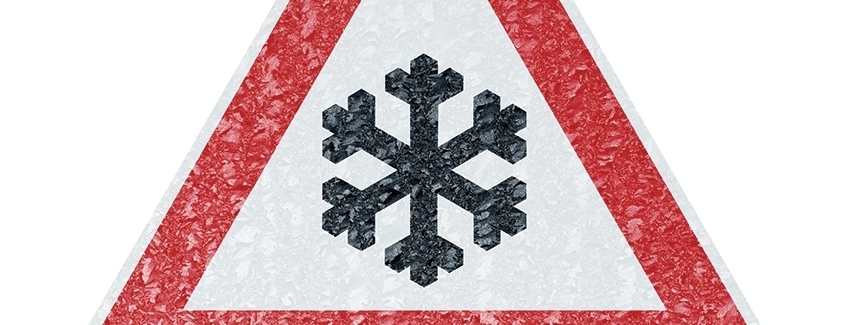Brrrr! Thoughts of escaping to spring unscathed by a harsh New England winter evaporated President’s Day weekend when the polar vortex bled into Valentine’s Day, putting a chilly damper on a supposedly spicy night.
Winter is here, no doubt, along with its usual inconveniences. But for the elderly, pets and wildlife, and anyone on the roads in a storm, winter can be not just a cold annoyance, but a deadly force.
The staff at Sinclair Risk is making a point of doing the neighborly thing and making sure the most vulnerable around us stay safe this season. Join us and enjoy the warm glow that comes from doing good for others…no fireplace needed.
Be neighborly, check up on those around you — When snowstorms hit or the temperature drops dramatically, give your elderly neighbor a call or knock on the door. Make sure she has heat, food, water, and electricity and offer to help shovel or blow the snow from sidewalks and driveways. (Better yet, if you have one, nominate your teenager to help!) Check in periodically throughout the storm.
Remember your pets (and everybody else’s) — If it’s too cold outside for you, it’s too cold outside for pets. Cats that like to roam and dogs used to spending time outside need to stay inside when bad weather strikes and temps are below freezing. During walks, short-haired dogs should wear a sweater (Facebookable moment!) But seriously…Pets are sensitive to severe cold and just like us, are at risk for frostbite and hypothermia. Make sure your pets and your neighbor’s pets are safe. Are there outdoor or feral cats in your area? Here’s a great article about how you can help them in winter. And here’s five ways you can help wildlife survive the winter.
Drive with care — Driving with caution is always the neighborly thing to do…but especially during winter! Protect yourself and others on the road by slowing down when the white stuff is falling, when ice is on the ground, and when visibility is poor. Drive on slippery roads at reduced speed and increase following distance behind the vehicle ahead. This gives an additional space cushion for safe stopping. Anticipate stops by slowing down gradually and plan ahead for lane changes. Everything should feel like it’s in SLOW motion during winter driving.
Make sure you (and others!) are prepared for an emergency — Storms in our area feel like they are veering toward the extreme. Even a garden variety nor’easter can do significant damage to buildings, roofs, roads, and other infrastructure. A basic emergency supplies kit can help you weather the storm. After creating one for your family, consider helping an elderly neighbor get prepared.
Here are some key items to include in your kit:
• One gallon of water per person per day for at least three days, a smaller amount for pets
• At least a three-day supply of non-perishable food for people AND pets
• Manual can opener for canned food
• Battery-powered radio
• Flashlight
• Plenty of batteries
• First Aid Kit
• Whistle (can signal for help)
• Moist towelettes, garbage bags and plastic ties
• Cell phone with car and wall chargers
• Laptop/Tablet with car and wall chargers
• Prescription medication, glasses, contact lenses
• Cash
Being neighborly can help make winter safer and more fun for everyone. Take some time to lend a hand on your street.
Rachel Winslow
Sinclair Risk & Financial Management


